Description
Introducing the book Beyond being the work of Christine Bobben
The book begins with being beyond being with this shocking and stormy sentence that “the event of your death shattered my whole being; “All existence except my heart.” This sentence at the beginning of the book makes the reader realize at the beginning that it is not dealing with a fun and happy story and engages the mind of the audience.
The audience can guess that the book he is holding in his hands is about loss, love, passion, and to a great extent regret. The story goes beyond being so fluid that when the audience picks up the book, they can not easily put it down.
Books Beyond Being
Books centered on semantic stories can open another window of spirituality and existence to the reader. Among the authors of these works, Christine Bobben, whose theme in many of her childhood works is the issue of love and loneliness, is a well-known name in Iran.
Introducing the book Beyond Being
In this book, Boban talks about a woman. A woman named Giselle describes her behavior in the most detailed hours of daily life with meticulous care and the use of subtle words. The reader of the book, along with the author, follows the behavior of this woman with her children when shopping for a house, in the present with her friends and acquaintances.
Beyond being a continuation of the story, the audience notices Boban’s complex prose as the narrator. Unlike the narrator in the context of fiction, he sometimes has a strong presence and sometimes the reader forgets that he has read the story from the narrator from the beginning.
The audience of the book is so immersed in Boban’s story, words and descriptions that in some parts of the story he seems to be the woman of the story and sometimes the narrator. Those interested in the works of fiction, and in particular the tone and style of Boban’s storytelling, can purchase and download a pdf version of this book from the Fidibo website.
About Christine Bobben; A narrator of love and aversion to philosophy
Christian or Kristen Boeben French writer was born on April 24, 1951 in Lucrezo. He studied philosophy at the university and after graduating he started teaching at the university. Teaching was boring for him, so he gave it up and started writing in his hometown.
Boban is one of the most prolific contemporary French writers and has published more than thirty-five works. Bobben grew up in an educated family and spent his childhood in a quiet, small town. This stress-free and safe childhood made Christian Bobben pay special attention to the bright part of life.
In addition to childhood, themes such as love, isolation and loneliness, solidarity and religious discourse, life and death are the main themes of Bobben’s stories. He can be considered a semantic writer; Because he has always had a philosophical and mystical view of things.
But what is seen in his writings and interviews is a kind of aversion to philosophy. “The extraterrestrial thoughts, the general principles, and the abstractions have always conveyed to me the feeling of death,” Boben explains the reason for this disgust in The Living. Sometimes these concepts lead to the writing of very beautiful books.
But I never had the advantage of coming up with a literary, political or scientific theory. “Because weaving theory wears the clothes of death, and I have no interest in doing so.” What distinguishes him from semantic writers is his poetic narrative style.

Christian Bobben’s writing style
By studying the works of Christine Boben in the original language, the coherence of the texts can be better understood. The translators of his works also try to preserve his melodic narrative style as much as possible. “I like to paint life in my books, to sing about existence, to play love, to paint death, and to sing about holiness,” he says. His great attention to the rhythm of words sometimes makes it difficult to understand his works, but after a while, the audience becomes associated with the writing style of the author.
Christian Bobben’s works are intertwined like chains, each illuminating a different picture. All these works together form the picture of the author’s life and thoughts. For Boban, simple life experiences are the basis for the creation of poetic works.
He pays more attention to the song and the tone of the words than to the themes and the words. Yet his writings are full of thought; A thought that comes from his love life and his love for life. For Boban, writing is the singing of sounds.
Many critics believe that Boban’s writing is similar to that of Khalil Gibran. He is inspired by writers such as Paulo Coelho, and in particular his book The Alchemist and the Mexican author Carlos Candas. Bobben’s landmark point was the short-selling High Comrade, which in 1993 won the Dera-Magots Literary Prize, one of France’s most important literary and cultural awards.
This work is a turning point in French literary works as well as the culmination of Bobben’s writing. In this work, he brought his most original ideas on paper and, using the possibilities of language, the beauties of literature, deep themes and mature ideas, created a timeless and unique work that surprised and admired many critics and writers around the world.
“High Comrade” is the life story of the Italian saint Francesco, who is very famous in European literature. He was the founder of a spiritual, mystical sect that considered maternal affection to be the source of holiness.
Christian Bobben is currently one of the most famous writers and masters of the French style and his works have many fans in this country and around the world. Other works by this author include “Hidden Section”, “Future Woman”, “Short Party Shirt”, “Unexpected”, Beyond Being, “I Am an Evil Man”, “Golden Letters”, “Salesman”, “Useless Book” , “The eighth day of the week” and “a few days with the ladies.” Boban became famous in Iran for translating the book “Unexpected” and after that more than half of his works were translated into Persian.
In a part of the book, we read beyond being:
It was the last year of your life that you decided to learn to read Clemens. Clemens was three years old at the time. He loved books and always chose the thickest books in bookstores.
One day I saw that it was full of words everywhere, words that were written twice, once in uppercase and once in lowercase. On the hall, a large white piece of cardboard was pasted and written: “In the hall” on the refrigerator as well as: “Refrigerator”. Likewise in all the rooms, on the chairs and in other places, and this adds to the clutter of the house. In other words, the highest level of disorder that was in you …
You decided that your daughter would learn to read. You turned the whole house into a picture book. Clemens was sometimes interested in this method and sometimes not, that is, he went for something else and you did not insist on it, because what was important to you was the happiness of the children, whatever its source was; Whether alphabet or mischievous in a corner of a room.
In the kitchen hallway, sixty centimeters from the floor, you had a calendar mounted on the wall. When I asked you why the calendar was low, you explained to me that the calendar in this shape is at the height of the children’s vision.
I recognize you from these concerns of thoughts. In my opinion, nothing can show intelligence as much as installing a calendar at this low altitude. Intelligence means that a person gives what is valuable to him to others and makes every effort to benefit others when needed; Intelligence means love with freedom …
The book is about being beyond the language of a man who has lost his wife. He writes and in these writings he talks to his wife, reviews their memories and … he writes to love. It goes beyond being a love story that does not end with death. A love for which there is no obstacle.
Christine Bobben’s work is usually like a prayer. An author who has been acclaimed by a wide range of interested audiences and also severely criticized by a number of his opponents, an almost religious character thrives and flourishes in this pure and influential prose.
The funeral prayer is recited in the style of Renaissance poets. In the form of this character, Boban explores the clear glow of death in search of the dazzling sources of his love. He creates a strong text with glory and sincerity and apart from any influence. A text full of whiteness and snow, like a torn plate, boiling with light. The language of the book is poetic and full of beautiful and pristine descriptions.
1- Introducing the book on YouTube
2- Introducing the book in Aparat

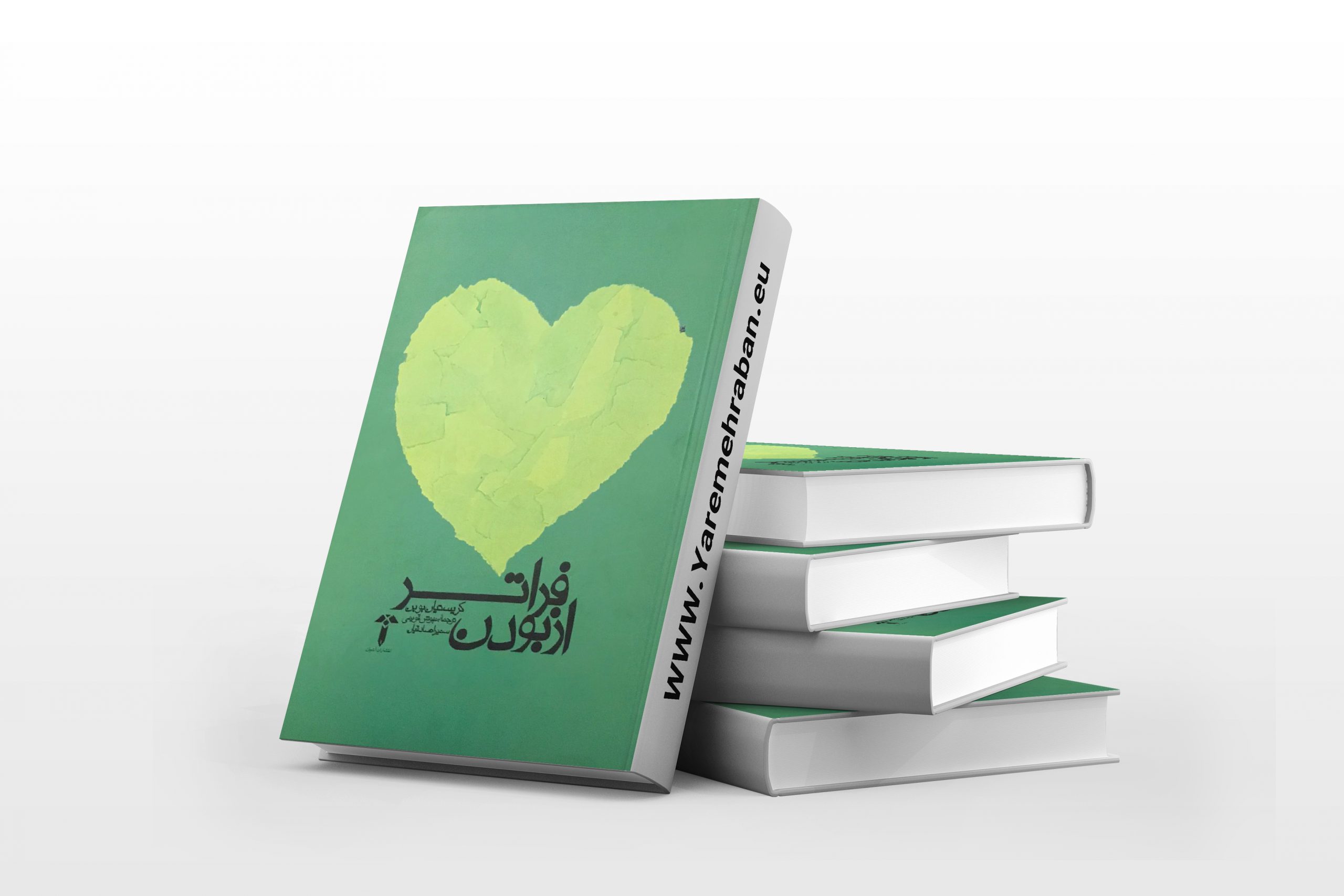
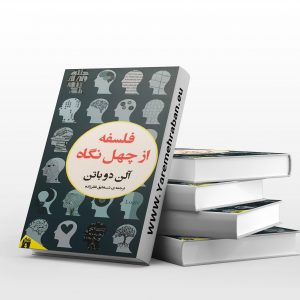

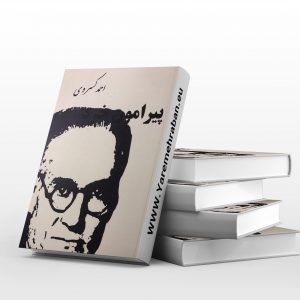
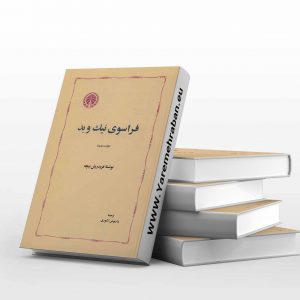
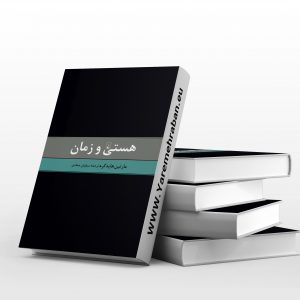
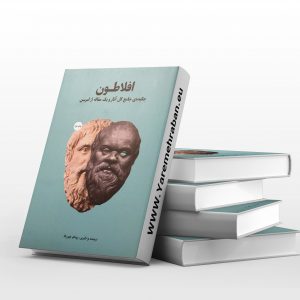
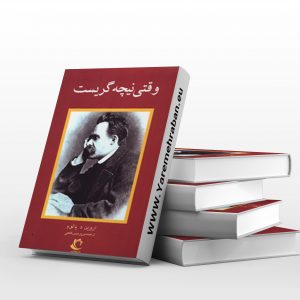
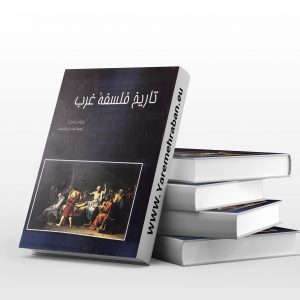

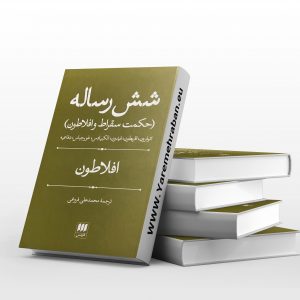

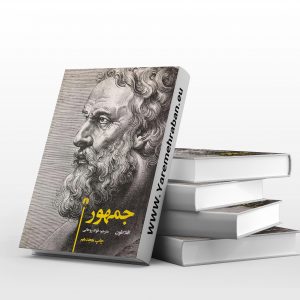
Reviews
There are no reviews yet.